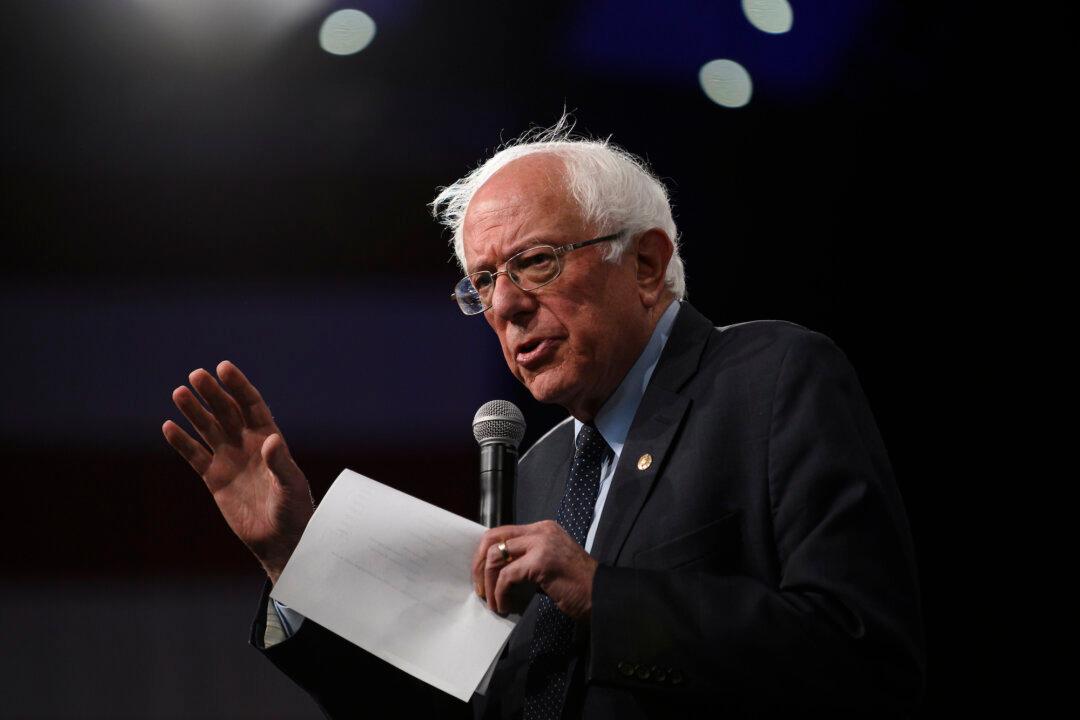Senator Bernie Sanders (I-Vt.) claimed during the recent Democratic presidential primary debate that equating his socialist policies to those of Venezuelan dictator Nicolás Maduro was “extremely unfair.”
Sanders was responding to a question from moderator Jorge Ramos, known for his vocal opposition to Maduro’s oppressive regime. Ramos and his five-person crew were arrested and detained for hours in Venezuela in February for asking the country’s dictator uncomfortable questions. They were then kicked out of the country and had their equipment confiscated.





